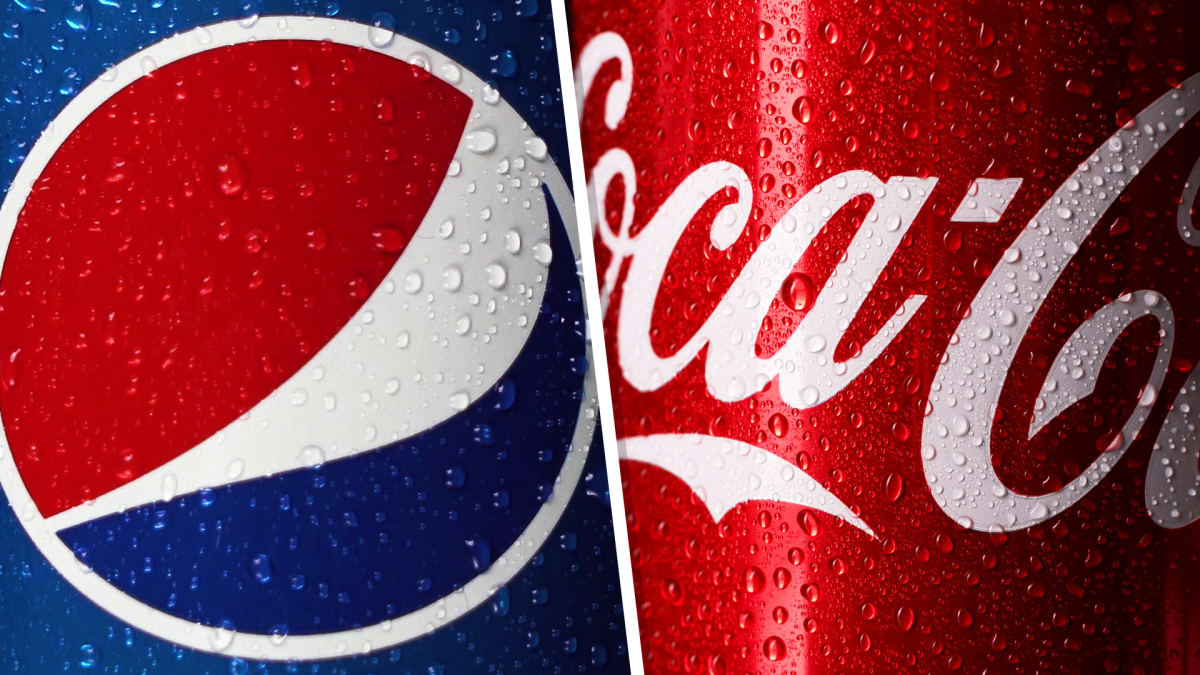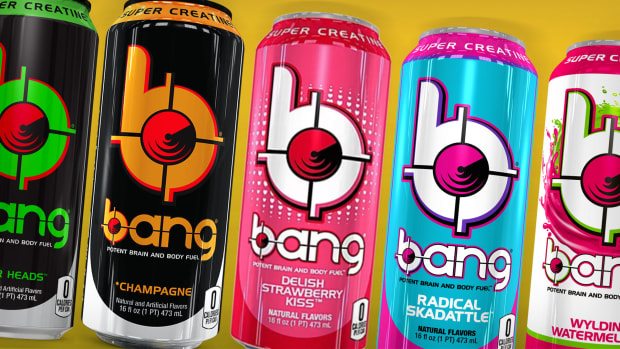
Both PepsiCo (PEP) and Coca Cola Company (KO), being the largest beverage companies in the world, have undergone many acquisitions of other competitors.
Coca Cola bought Energy Brands for $4.1 billion and then bought a minority interest in Monster Brands. PepsiCo purchased Quaker Oats Company for $1.7 billion, which included Gatorade brand.
Gatorade, a sports drink launched in 1965, was the closest thing an energy drink before today's energy drinks existed, as it was considered to be the beverage of choice for athletes to keep them going through games and competitions. With the launch of energy drinks, Coca Cola and Pepsi needed in.
Coca Cola, having branched into energy drinks with ownership in Monster, may have played a part in Pepsi’s decision to look at buying the Bang energy drink brand, bringing new life to the cola wars.
Unfortunately, not all acquisitions and business deals work out, even with the largest of buyers. PepsiCo was in talks with Bang Energy to buy out the energy drink company but as more energy beverage companies joined the market, Bang’s market share shrank. Pepsi decided to end the buyout discussion when Bang’s parent company, Vita Pharmaceuticals filed Chapter 11 bankruptcy.
Luckily for Bang, when one door closes, another can opened.

Bang Energy/TS
Monster Takes Over
Monster Beverage (MNST) which is partially owned by Coca Cola Company is moving in after a failed deal with rival Pepsi. Coca Cola and PepsiCo have been rivals for well over a century, and Monster is making a move that will challenge market shares for giants PepsiCo and minority owner Coca Cola.
Before PepsiCo took over the distribution of Bang, Bang’s market share was roughly 9.7%, but after PepsiCo took over the distribution of Bang its market share declined to roughly 3.4% according to Food Dive.
Court documents show that Monster is in talks with Bang Energy to buy the company for $362 million. Monster’s decision to move forward with buying Bang has an uncertain future.
“Either there’s a sale to Monster or there will be an immediate liquidation,” said Bang lawyer Andrew Sorkin. “The company will cease operations, leading to the loss of about 700 jobs, if the Monster deal falls apart,” according to Bloomberg.
The deal is now being reviewed by the Federal Trades Commission that wants more information before it allows the deal to go through. The FTC needs to make a quick decision because Monster’s purchase agreement was set to terminate on June 30, according to Sorkin.
Lawsuit Tied to Buyout
Monster Energy recently won a lawsuit against Bang Energy asserting that Bang engaged in false advertising of the ingredients and benefits of its beverages, according to Reuters. Bang was ordered to pay Monster $293 million as the result.
Bang had claimed that it used “Super Creatine” and Bang in fact did not have any creatine in its beverages. Creatine works to improve athletic performance by building muscle. Body builders and athletes often will add creatine to their diets.
Bang was quickly making its name in the market, and Monster’s lawsuit claimed that Bang’s success was built on the deception of the benefits Bang provided, according to Monster’s team of lawyers from Hueston Hennigan, Moez Kaba and John Hueston.
The lawsuit awarded Monster $272 million for false advertising, $18 million for contracts with retailers for valuable shelf space, and $3 million for claims that Bang recruited former Monster employees to learn about its trade secrets.







